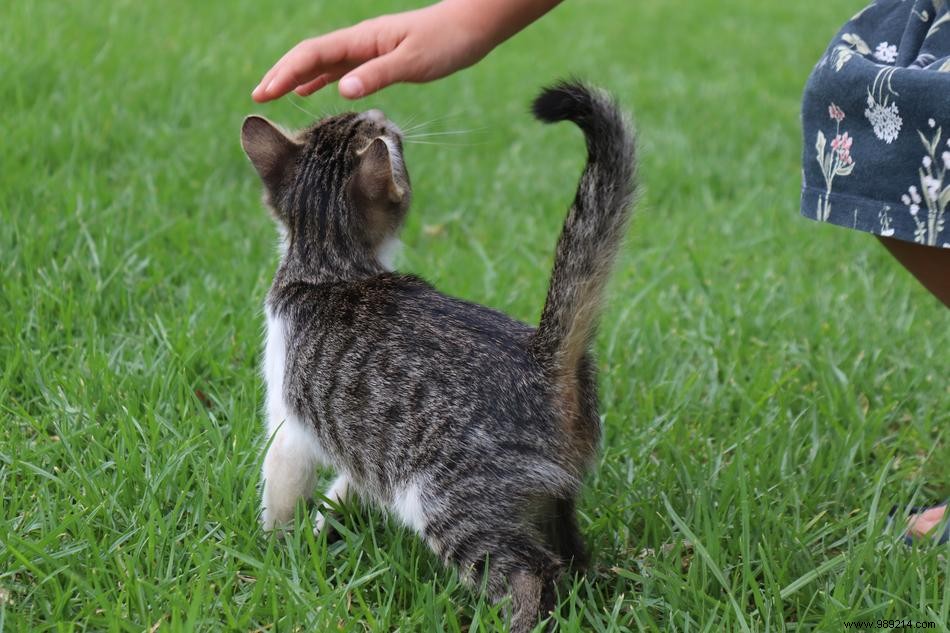Researchers at the University of Missouri suggest cats could enhance empathy in children with autism spectrum disorder (ASD). This preliminary study, while small-scale, points to potential new support options for families.
Gretchen Carlisle, an expert in human-animal interactions at the University of Missouri, led a study published in the Journal of Pediatric Nursing. Drawing from her experience as a former school nurse observing children with mental health challenges, Carlisle's team explored how cats might foster empathy in kids with autism. She noted that schools sometimes used animals like dogs, fish, and guinea pigs as rewards, helping promote calm in these children amid frequent crises and medications.
This marked the first randomized controlled trial on pets for autistic children, focusing on cats with just 11 participants aged 6 to 14. Despite the limited sample, results were positive, warranting larger trials.
Cats improved social skills, especially empathy, and reduced separation anxiety symptoms—particularly beneficial for children on the higher-functioning end of the autism spectrum.

Participants were split into two groups: one adopted a cat with 18 weeks of follow-up; the other waited 18 weeks before adopting and monitoring for another 18. Cats were selected for their calm temperament.
Carlisle explains, “cats offer unconditional acceptance. Many children with autism face sensory sensitivities or noise aversion, making a cat's soothing presence an ideal, comforting companion for some families.” She advocates integrating cat adoption into ASD support strategies, pending further research.